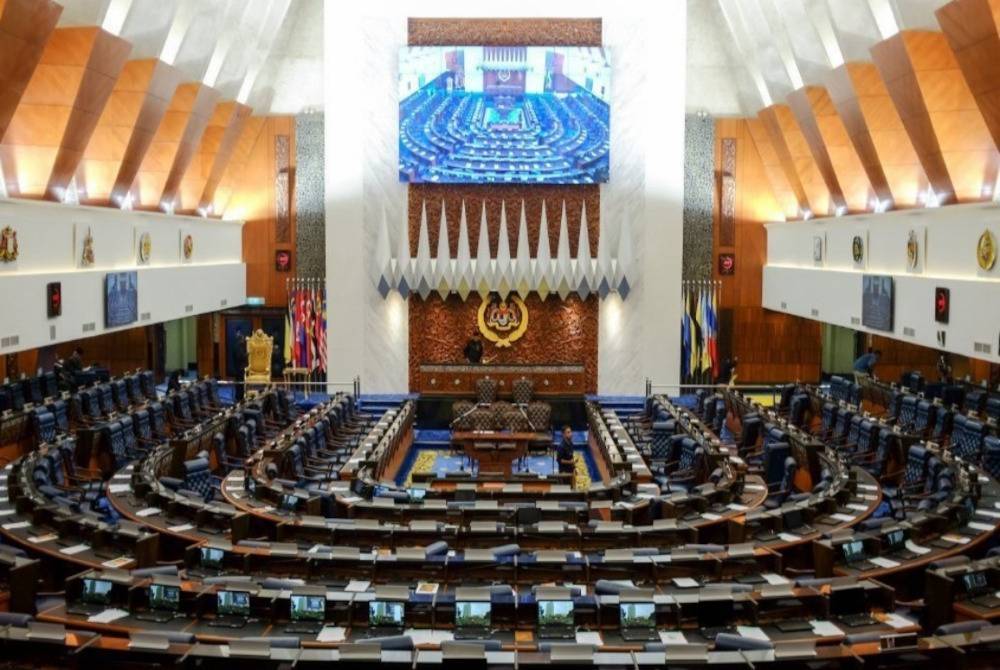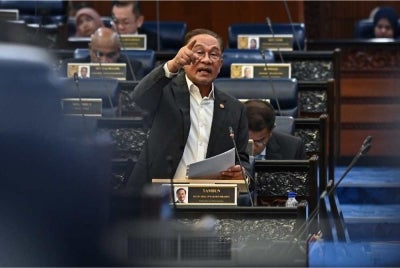Civil society backs MMC Bill but warns of government interference
A turning point for Malaysia’s media independence?

SHAH ALAM - A coalition of civil society organisations has voiced strong support for the passage of the Malaysian Media Council (MMC) Bill 2024 in the Dewan Rakyat, calling it a pivotal step toward a more independent and accountable media landscape.
However, they raised concerns over government representation in the MMC and urged further legal reforms to ensure genuine media freedom in Malaysia.
In a joint statement, the organisations stated that the MMC’s role in setting ethical standards, resolving grievances and promoting journalistic integrity would strengthen public trust in the country's media ecosystem.
"We hope this legislative milestone will safeguard media freedom, uphold journalistic integrity and enhance public trust in Malaysia’s media landscape.
"By setting ethical standards, implementing a grievance and dispute resolution mechanism, and promoting professional development, the MMC will empower journalists and media practitioners to operate freely while adhering to the highest journalistic principles," the statement read.
The coalition stressed the need for the MMC to address challenges affecting the industry, including self-censorship, disinformation, hate content and unethical reporting driven by racism, bigotry, misogyny and xenophobia.
They also highlighted concerns about the misuse of artificial intelligence (AI) and algorithmic content prioritisation for profit maximisation.
The group further highlighted the importance of safeguarding the welfare of media workers amid growing economic pressures that have led to retrenchments, salary delays and deteriorating working conditions.
"These have caused concerns surrounding job insecurity, delayed salaries and poor work conditions. We hope that the MMC will also prioritise the welfare of media workers and hold media owners accountable for unfair labour practices.
"Plus, the MMC will empower journalists and media practitioners to operate freely while adhering to the highest journalistic principles and practices," they said.
Despite supporting the bill, the coalition expressed reservations over government representatives on the MMC’s board, arguing that their inclusion could compromise the council’s independence.
"We maintain our fundamental objection to having government representatives in the Board of the MMC as it undermines the object and purpose of an independent self-regulatory body," the statement read.
They acknowledged that Deputy Communications Minister Teo Nie Ching had assured Parliament that the two government representatives would come from within the media industry, such as Bernama and RTM. However, they urged the government to ensure these representatives act in the interest of media independence rather than political considerations.
"We hope that this promise is a way forward in ensuring the commitment of the government to promote media independence and place the interest of the public as the top priority rather than for political expediency," they said.
The coalition stressed that passing the MMC Bill alone would not guarantee media freedom in Malaysia.
They urged the government to commit to repealing or amending oppressive laws that restrict press freedom, including:
- Printing Presses and Publications Act (PPPA) 1984
- Sedition Act 1948
- Official Secrets Act 1972
- Sections 211 and 233 of the Communications and Multimedia Act (CMA) 1998
- Section 114A of the Evidence Act 1950
- Sections 203A, 499, and 500 of the Penal Code (criminal defamation)
- Whistleblower Protection Act 2010 (to be amended)
"Without immediate legal reforms, the MMC’s effectiveness will be undermined and it risks becoming another ineffective institution in Malaysia," they warned.
They called on the government to present a clear roadmap and timeline for media law reform to ensure meaningful progress toward press freedom.
Citing Reporters Without Borders (RSF), the coalition stated that Malaysia had dropped 34 places in the World Press Freedom Index, falling from 73rd in 2023 to 107th in 2024.
They attributed this decline to increasing restrictions on the media and called for urgent action to reverse the trend.
"A free and responsible media, as the fourth estate, is the cornerstone of democracy. We hope the MMC will play a vital role in empowering the media and strengthening Malaysia’s global standing in press freedom," they said.
The statement also called on all stakeholders—including policymakers, media practitioners, journalists, civil society organisations and the public—to rally behind the initiative and support its successful implementation with necessary improvements.
"We urge all media organisations to join the MMC and stand together in preserving the integrity of the media as the fourth estate," they said.
Download Sinar Daily application.Click Here!















